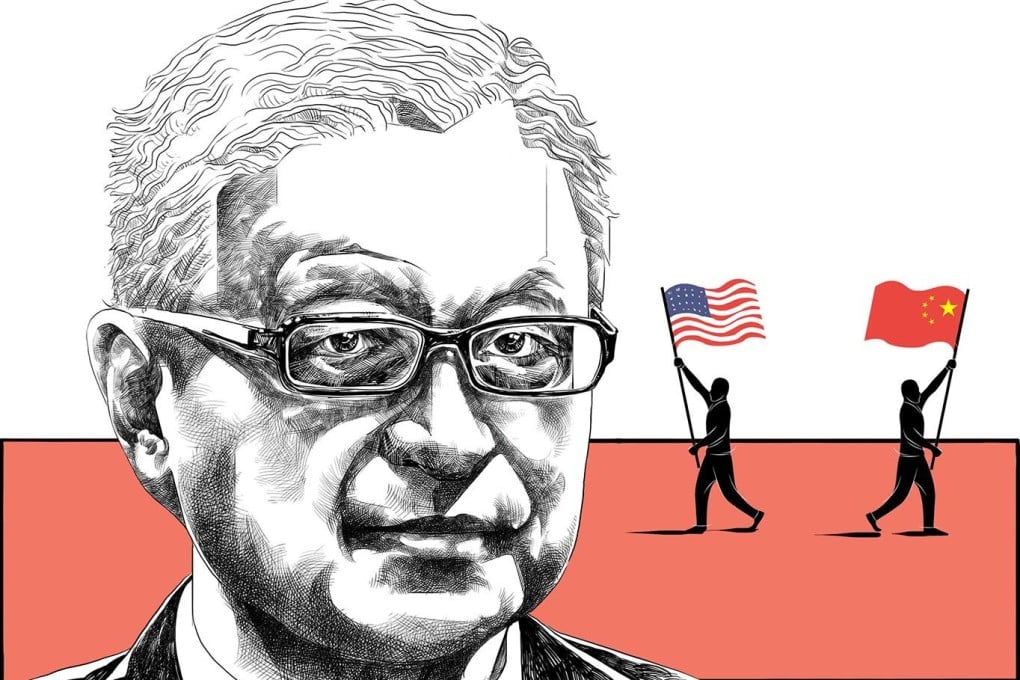Open Questions | The next 10 years: Tsinghua’s Yan Xuetong talks Trump, Taiwan and what it means for China
- International relations analyst Yan says US presidential candidate Trump would not be willing to go to war with China in the Taiwan Strait

Where do you think former US president Donald Trump stands on Taiwan? Will he challenge the “one China” policy as he did in his last term?
I don’t think Trump will go further than US President Joe Biden on the Taiwan issue. If you compare the policies of the Biden and Trump eras, Biden’s [administration] is more inclined towards Taiwan’s independence than Trump. One thing you may have noticed is that Trump always claimed that he was the only US president since the Cold War who had not been involved in a new war. What does this mean? Trump really does not want to go to war with China in the Taiwan Strait. He will be more cautious than Biden in terms of preventing a war across the strait.
Has anything changed between China and the United States since the presidents of the two countries met in San Francisco in November? Did the summit achieve anything?
On the last day of the drills in the Taiwan Strait this time following Taiwanese leader William Lai Ching-te’s inauguration, Chinese and American military officials held a video call. That shows that China and the US had already established a crisis management mechanism to prevent the Taiwan conflict from escalating into a war.
The conflict and confrontation between China and the US didn’t stop after the summit but it changed in two important ways. First, for the worse – the United States has expanded its containment of China from technology decoupling to commercial protectionism … I think the trade dispute between China and the US will continue to worsen.